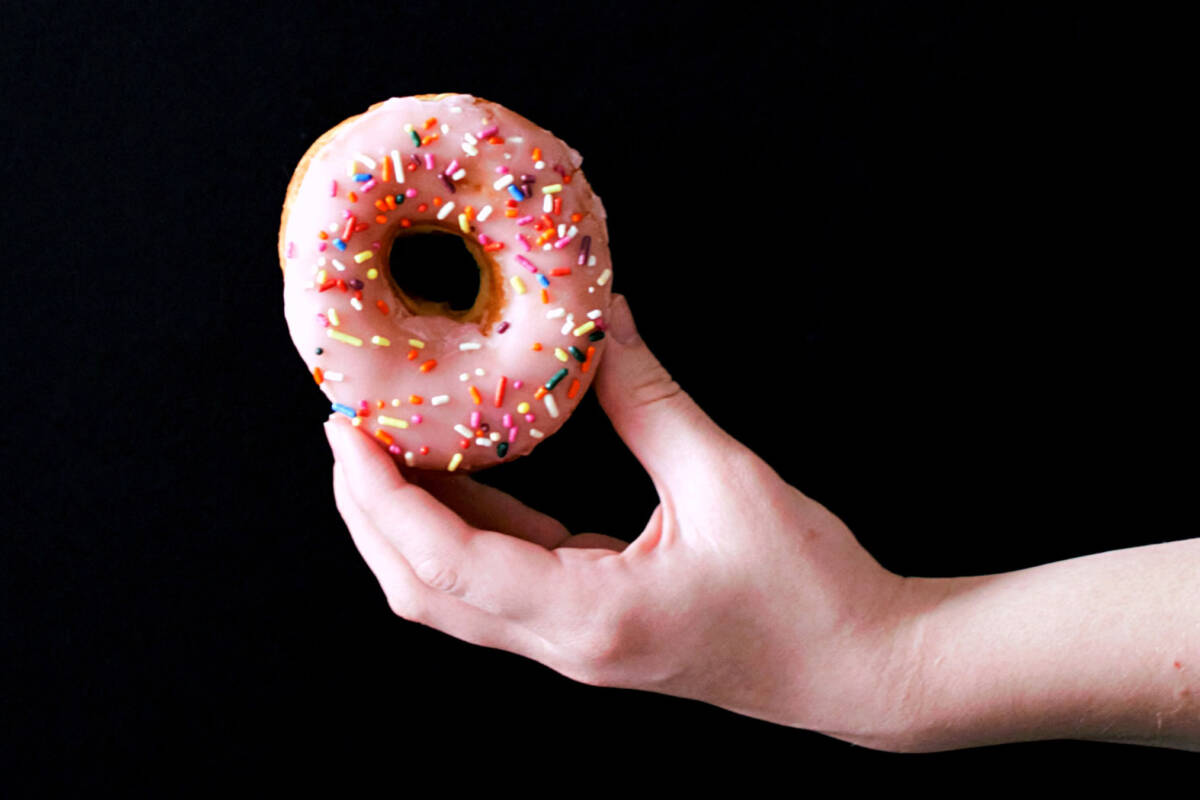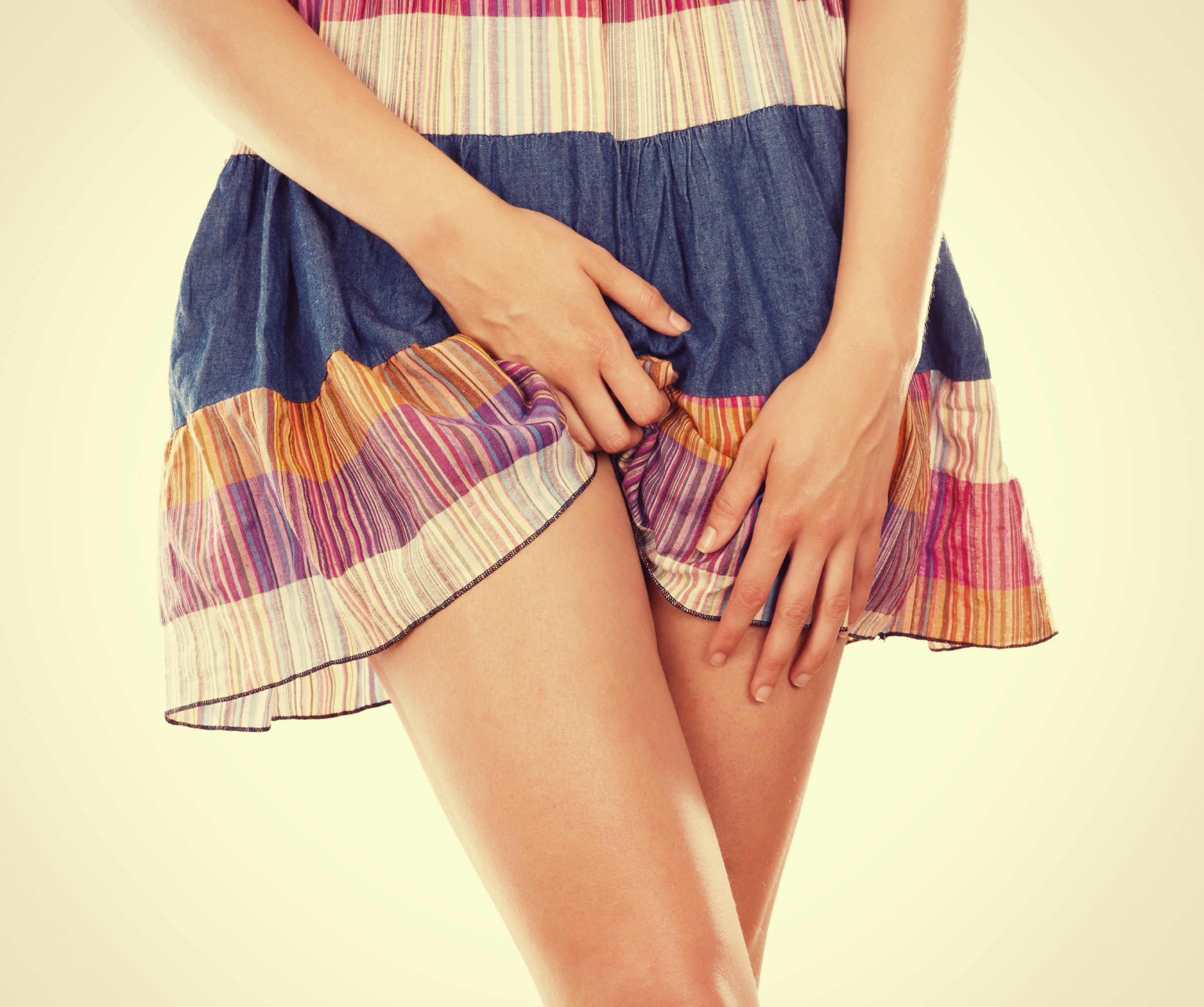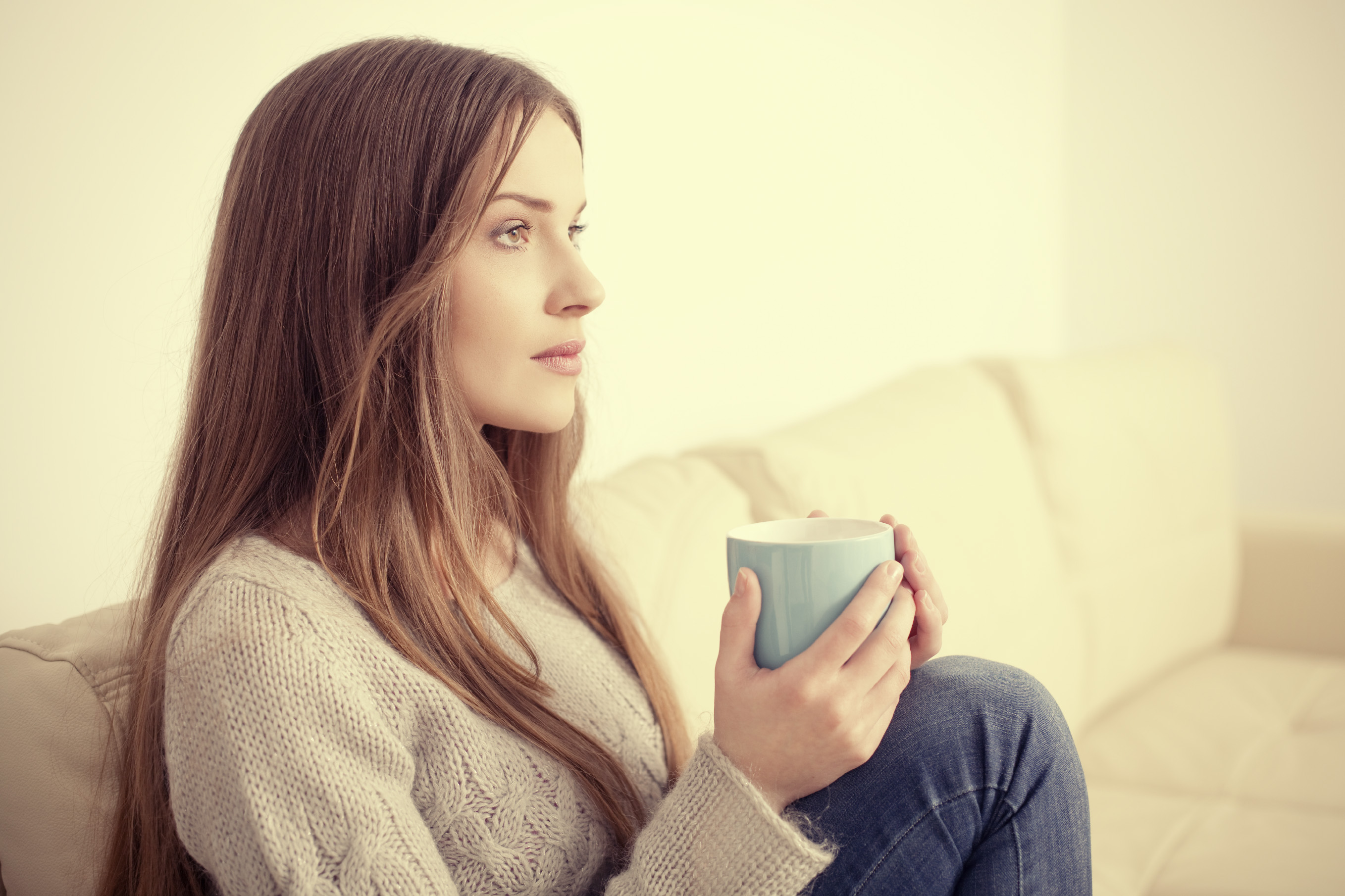
125—
Are you at a loss to explain your failed weight loss?
While Candida Albicans may sound like some flamboyant Latin American ballroom dancer, it’s actually a type of yeast that lives — quite tamely — in our bodies.
‘Candida’ resides in around 80% of the human population and should do so without causing harm. More specifically, this yeast lives within the warm creases and crevices of our gastrointestinal and respiratory systems, the mouth, and in the vaginal tract of women.
Note: This yeast can also be referred to as a fungus.
While we are the stars of the show, if Candida detects the slightest weakness from us, this usually docile yeast will become opportunistic. It begins to sabotage us in a bid to gain the leading role!
When Candida takes the lead, this is referred to as Candidiasis, or a yeast infection. This chronic, and tenacious infection, can wreak havoc with virtually every system in our body (including immune, hormonal, and gastrointestinal systems).
Note: A Candida infection doesn’t just manifest as vaginal thrush!

In my recent post on food intolerances (and using hair testing to determine these delayed hypersensitivities), I drew your attention to a whole host of foods that you could potentially be intolerant to (not just the usual suspects like gluten, wheat & dairy). For more information, please see my blog-posts on this:
Food Intolerances
Food. Inglorious Food.
In this post, I want to draw your attention to an infection that could be:
Note: Candida Albicans is the most common cause of fungal infection.
It’s time I let you know how prevalent this problem is (based on what I see in my practice). It’s very rare that a client’s hair test results are clear of this yeast infection. In fact, I can’t remember the last time I saw a baby or child whose intolerance list didn’t strongly feature a past or present infection. From what I’ve seen in these ‘little ones’, Candidiasis tends to manifest as a skin disorder and/or a gastrointestinal upset.
Note: There are medical tests that can determine whether you have Candidiasis (a stool culture, or blood tests). However, in most cases it is enough to make a diagnosis based on a detailed medical history, and on your presenting symptoms (or a hair test as mentioned above).
antibiotics, birth-control, immune-suppressive, cortisone type drugs, or antacid drugs
high stress levels, high consumption of sugar or alcohol, poor nutritional status, and food intolerances
Food intolerances, ‘Leaky Gut’, Small Intestinal Bacterial Overgrowth (SIBO), poor digestive & liver function, hormonal imbalance, or an underlying disease state
Note: Leaky Gut is where your gut loses its integrity and therefore its ability to be self-regulating.

Candidiasis typically effects females, and it can disrupt many of our body’s processes. It can cause numerous health complaints. Here are some of the symptoms that you may experience:
muscle aches & weakness, joint swelling & stiffness, loss of libido, allergies, PMS, headaches, dizziness, and drowsiness
tiredness (and even Chronic Fatigue)
depression, poor memory, feeling spacey, inability to concentrate, and irritability
bloating, gas, intestinal cramping, rectal itching, and altered bowel functions
thrush, bladder infections, vaginitis, and prostatitis
Eczema and Psorasis
Note: Candidasis more commonly affects females due to the effects of estrogen levels, and birth control pills. For more information on birth control, please see my post on: The Pill
— Your symptoms are worse on damp, humid days, or when in moldy locations
— You are overwhelmed by certain smells (perfume, cleaning products, petrol, LPG, cigarette smoke)
— You feel like you are increasingly becoming intolerant to certain foods, and environmental allergens (pollens and grasses)
— You crave sugar, bread, or alcoholic beverages
— You suffer from other frequent or chronic infections (the common cold, cold sores, genital herpes, sore throats, vaginal infections)
— You feel constantly tired for no apparent reason
Note: Having Candidasis is very taxing on your immune system. You’ll feel lethargic a lot of the time. Among other things, this is because your body is trying to make you rest, so it can get on with fighting this infection!
Not only can certain medication cause Candidasis, but ‘certain medication’ that is used for this condition won’t cure it. You can’t just attack an infection by ‘dropping a bomb on it’ e.g. Nystatin, Diflucan, and Canestan. It is essential that the underlying cause be established, and treated. Otherwise, the condition will simply re-establish itself once the medication is stopped.
Note: A Naturopath wouldn’t solely use a natural anti-fungal for this infection. We would use this agent in conjunction with other measures such as a change in diet, stress management, and improving gut and/or immune function.
If you have to take medication, talk to your Naturopath to see what can be done to support you during this time.
Note: There are natural alternatives to the use of most pharmaceutical drugs.
Candidiasis is a multi-factorial condition with many ways of manifesting within the body. This is why it can be difficult for some to recognise this ‘very real’ health issue.
Your Naturopath can help diagnose you, and devise a comprehensive treatment plan that not only focuses on culling your Candida Albicans but also concentrates on preventing the circumstances that allowed this hostile take-over in the first instance!
Note: With this infection, it is always advisable to seek professional healthcare advice. Because if incorrectly treated, you risk worsening your Candidiasis.
Lisa Fitzgibbon is a degree qualified (2006), experienced and registered Naturopath & Medical Herbalist. She runs her own private practice – OOMPH in Grey Lynn, Auckland, New Zealand.
Lisa has been involved in the Natural Health industry for 16 years. She draws on her professional training and experience, as well as her own personal experience to bring you realistic, holistic health advice.
Book onlineSubscribe to LISA SAID SO
Subscribe to the LSS newsletter to get updates on a very irregular basis.
Sorry for the interruption!
You seem to be interested in what Lisa has to say. To be updated when new articles are published, or we have news to share, enter your email below. Thanks!